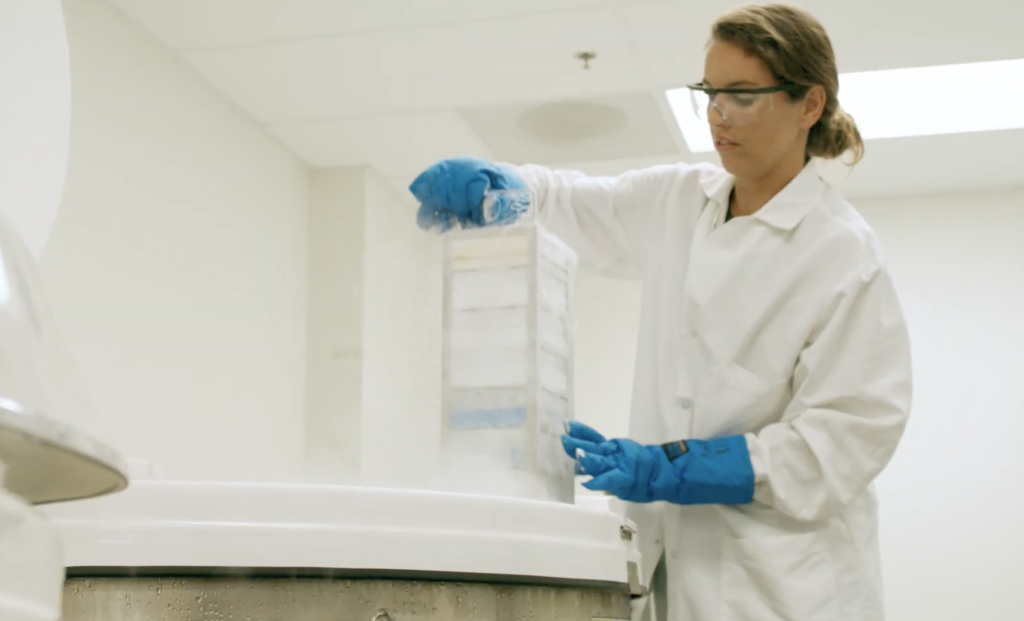Team: Gustaf Christoffersson
The histopathologic features of human type 1 diabetes are remarkably heterogeneous throughout the pancreas. One lobule of the organ can appear completely unaffected by the ongoing autoimmune disease, while the neighboring lobule lacks any sign of an insulin producing β cells. The reasons for this pattern may be several, including viral or bacterial infection, anatomical features, or neuronal influence.
In an enigmatic disease such as type 1 diabetes, we are now looking into paths less treaded upon to try to find the underlying mechanisms to the disease. Neuronal input has been shown to have great impact on immune cell function in other autoimmune disorders such as multiple sclerosis. The neuronal influence in the onset of type 1 diabetes is investigated in this project, where nerve input to the pancreas is modulated in several ways. The effect on diabetes onset and progression is followed, and possible behavioral changes in immune cell subsets are monitored by intravital multiphoton microscopy of the pancreas.


